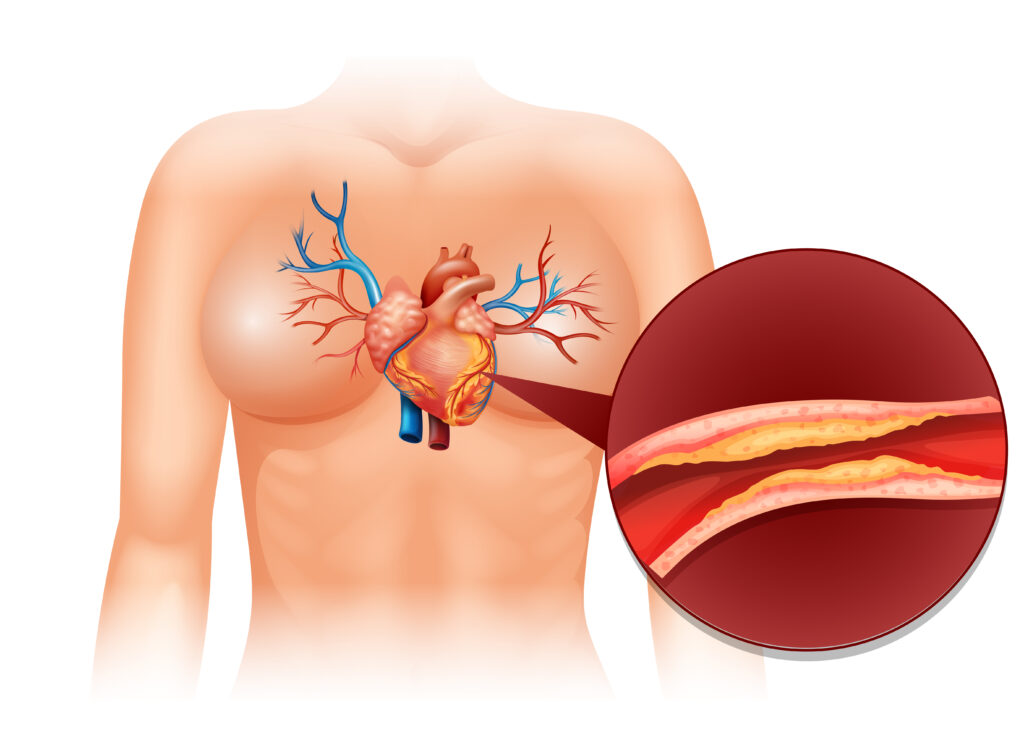Vascular Surgery
- Home
- /
- Vascular Surgery
Meet Our Team
The Vikram Hospitals plays a statewide services includes the Acquired
Dr. Sharmila MS(Gen Surgery)., Mch(Vascular surgery).,
Consultant Vascular surgeon
DEPARTMENT OF VASCULAR SURGERY
Vascular Surgery Department at Vikram Multispeciality Hospital, we stand at the forefront of providing cutting-edge care for vascular disorders. Our team of skilled and experienced vascular surgeons is dedicated to ensuring the optimal vascular health of our patients through comprehensive diagnostics and advanced surgical interventions. Within our department, we specialize in addressing a wide spectrum of vascular conditions, including Peripheral Arterial Disease (PAD), varicose veins, aneurysms, carotid artery disease, and more. Using state-of-the-art technologies and innovative techniques, we aim to deliver precise and effective treatments tailored to each patient’s unique needs. At Vikram Multispeciality Hospital, we prioritize a patient-centric approach, emphasizing personalized care plans that consider both the medical and emotional aspects of our patients’ well-being. Our commitment extends beyond treating the condition; we strive to provide support and guidance throughout the entire journey to vascular health. Whether it’s venous thrombosis management, dialysis access procedures, or peripheral vascular bypass surgery, our department is equipped to handle a diverse range of vascular issues. We believe in collaborative care, working closely with other specialists to ensure a holistic approach to treatment.
SERVICES:
- Radiofrequency, Laser, Glue, Mechanochemical, and Microwave Ablation Surgery of Varicose Veins.
- Creation of Vascular Access for Dialysis.
- Insertion of Port Cath for Chemotherapy.
- Reopening and Extraction of the Thrombus from Arteries (Endarterectomy).
- Diabetic Foot Surgical Debridement and Amputations.
- Limb Salvage Bypass Surgery.
- Emergency Repair of Acute Occlusion of Arteries.
- Repair of Injured Blood Vessels.
- Repair of Aneurysm and Pseudoaneurysm.
- Thrombectomy for Ilio-Femoral DVT.
- IVC Filter Insertion and Retrieval.
- Venoplasty and Stenting of Chronic Occluded Iliac Veins.
- Angioplasty for Ischemia and Limb Salvage.
- Endovascular Thrombectomy for Acute Ischemia.
- Endovascular Procedures for Acute and Chronic Intestinal Arterial Occlusions (Mesenteric Ischemia).
- EVAR and TEVAR for Complex Aortic Aneurysms.
- Emergency EVAR and TEVAR for Leaking Aneurysms and Aortic Dissections.
- Hybrid Endovascular Procedures for Trauma.
Frequently Asked Questions
What is the most common vascular surgery?
One of the most common vascular surgeries is “Angioplasty with Stenting.” It’s often used to treat narrowed or blocked arteries in various parts of the body, including the heart, legs, and neck. During this procedure, a balloon is used to widen the narrowed artery, and a stent (a small metal tube) is placed to keep the artery open, allowing improved blood flow.
What are examples of vascular surgery?
Vascular surgery involves various procedures to treat issues with blood vessels. Some examples of vascular surgery include:
- Carotid Endarterectomy: Removal of plaque from the carotid arteries to prevent strokes.
- Peripheral Artery Bypass: Creating a bypass around blocked arteries in the legs to improve blood flow.
- Aortic Aneurysm Repair: Repairing or replacing a weakened or enlarged aorta.
- Varicose Vein Surgery: Removing or sealing off varicose veins to alleviate pain and improve appearance.
- Angioplasty and Stenting: Widening narrowed blood vessels and placing a stent to keep them open.
- Hemodialysis Access Surgery: Creating a vascular access point for kidney dialysis.
How serious is vascular surgery?
The seriousness of vascular surgery varies depending on the specific procedure and the patient’s overall health. While many vascular surgeries are routine and low-risk, some can be more complex and carry higher risks. It’s essential to discuss the potential risks and benefits with your healthcare provider. In most cases, vascular surgery is considered safe and highly effective in treating vascular conditions and improving blood flow.

